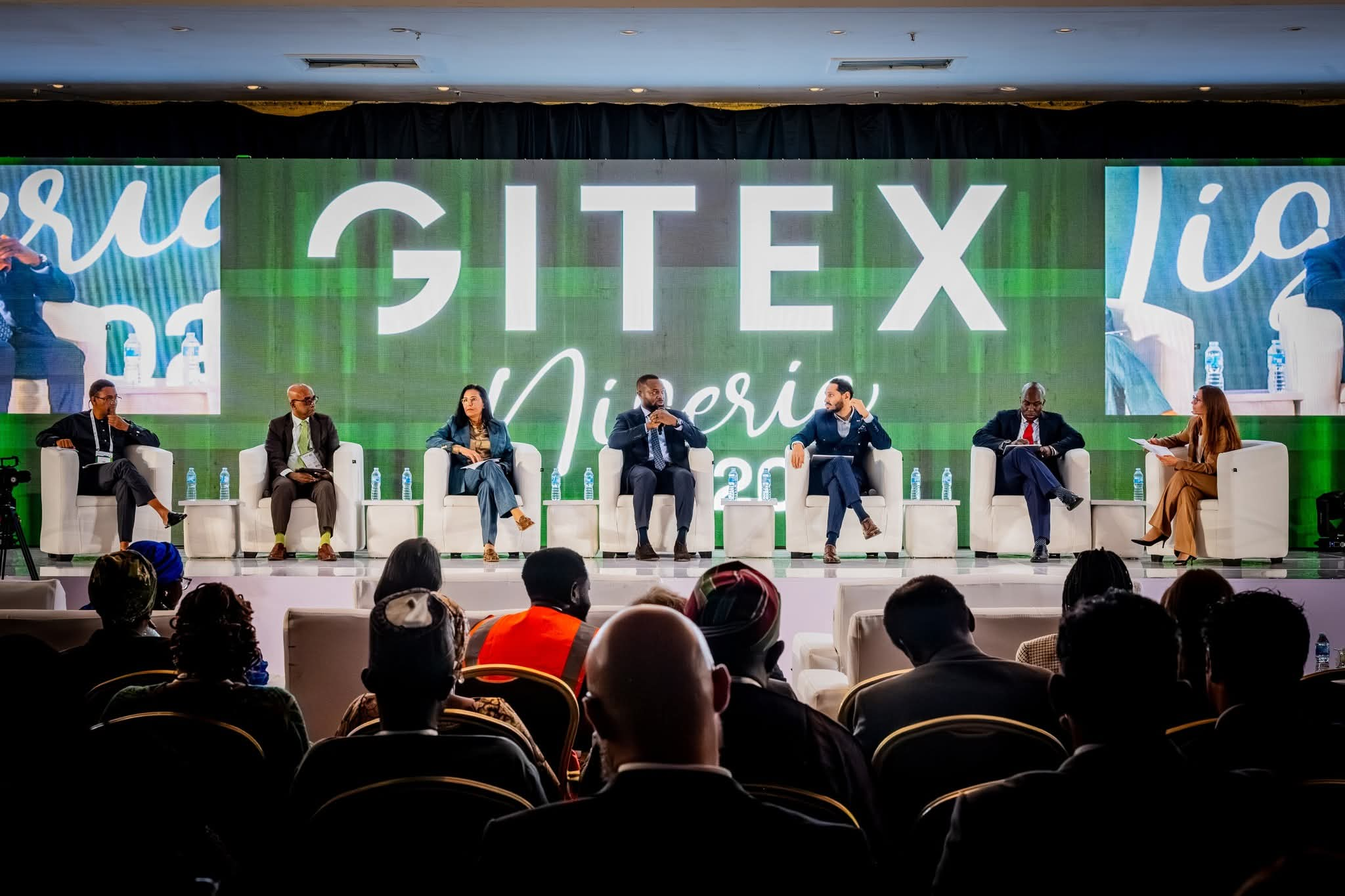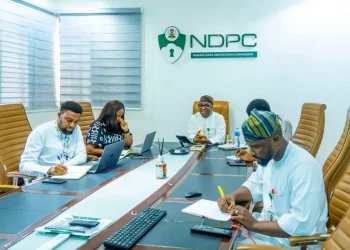Nigeria’s Communications Minister Bosun Tijani delivered a warning at GITEX Nigeria 2025. Speaking at the inaugural tech summit in Abuja on Monday, Tijani painted a sobering picture of Africa’s position in the global AI race.
African nations must collaborate on artificial intelligence infrastructure immediately, or watch the continent slip into deeper economic irrelevance.
AI Could Deepen Africa’s Productivity Crisis
Tijani’s concern centers on a troubling reality already visible in African agriculture. Nigeria produces just 2.5 tonnes of maize per hectare, while South Africa achieves 6 tonnes and Brazil reaches 12 tonnes. The difference isn’t soil quality or rainfall, it’s technology-driven productivity gains powered by AI and precision farming systems.
“Countries already ahead will move even faster, and those of us still catching up will find ourselves even further behind,” Tijani said.
This agricultural example serves as a microcosm of what could happen across all economic sectors without coordinated AI adoption.
The four-day technology summit, running through September 4 across Abuja and Lagos, brings together government officials, industry leaders, and tech innovators to chart Africa’s digital future.

Four Pillars for Africa’s AI Future
Tijani outlined a comprehensive framework for continental AI development built on four essential pillars.
First, African nations must balance national sovereignty with shared governance structures that allow coordinated policy development without sacrificing individual country interests.
Second, the continent must prioritize equipping young people with technical skills. Nigeria’s 3 Million Technical Talent (3MTT) program serves as a model, having already trained nearly 300,000 Nigerians in digital skills since its launch. This initiative intends to build a workforce ready for an AI-driven economy by 2027.
The third pillar involves digitizing local African realities to create relevant datasets. Tijani emphasized that without African data covering languages, health systems, and agricultural practices, the continent will remain dependent on foreign AI models “trained on data that does not reflect us.”
Finally, African countries must invest collectively in core infrastructure such as connectivity, computing power, and clean energy. “No single country can carry this financial burden alone,” Tijani stressed during his keynote address.
Nigeria Emerges as Continental AI Leader
Nigeria has positioned itself at the forefront of Africa’s AI development. The country now ranks among the world’s top 60 nations for artificial intelligence development, according to recent UN assessments. This achievement stems from deliberate government initiatives including the National Artificial Intelligence Strategy, developed through partnerships between academia and industry.
The government created the Nigerian Artificial Intelligence Collective Industry to connect domestic researchers with global experts and foster cross-border collaboration. This framework supports the country’s broader digital economy goals, including the ambitious target of building a $1 trillion economy.
Nigeria’s AI market shows remarkable growth potential, with projections indicating 27.08% annual expansion from 2025 to 2030. This growth could contribute an estimated $15 billion to the national economy, demonstrating the transformative power of coordinated AI investment.
Continental Collaboration Gains Momentum
Other African leaders echoed Tijani’s call for unity during the GITEX Nigeria sessions.
NITDA Director General Kashifu Inuwa emphasized the need for shared infrastructure and locally-built algorithms reflecting African values. These algorithms would address unique continental challenges while maintaining cultural relevance.
Trixie LohMirmand, Executive Vice President of Dubai World Trade Centre, highlighted international partnerships as crucial for Africa’s digital transformation. She pointed to collaboration between Nigerian innovators and global players as key drivers for attracting investment and positioning Africa in the global technology space.

The summit’s structure reinforces this collaborative approach. Following Abuja sessions, the event continues in Lagos with the Tech Expo & Future Economy Conference at Eko Hotel Convention Centre and a Startup Festival at Landmark Centre. This dual-city format maximizes participation from Nigeria’s two major economic centers.
Moving Forward with Unity
Tijani closed his GITEX Nigeria address with an emotional appeal: “Our children must be able to look back and say: our leaders prepared us, our leaders secured our future, our leaders refused to let Africa be left behind.”
This message resonates beyond Nigeria’s borders, calling African leaders to move beyond national interests toward continental coordination.
Africa’s position in the global AI revolution will likely determine the continent’s economic trajectory for decades to come. Tijani’s warning serves as both wake-up call and roadmap for the collaborative action needed to secure Africa’s digital future.














